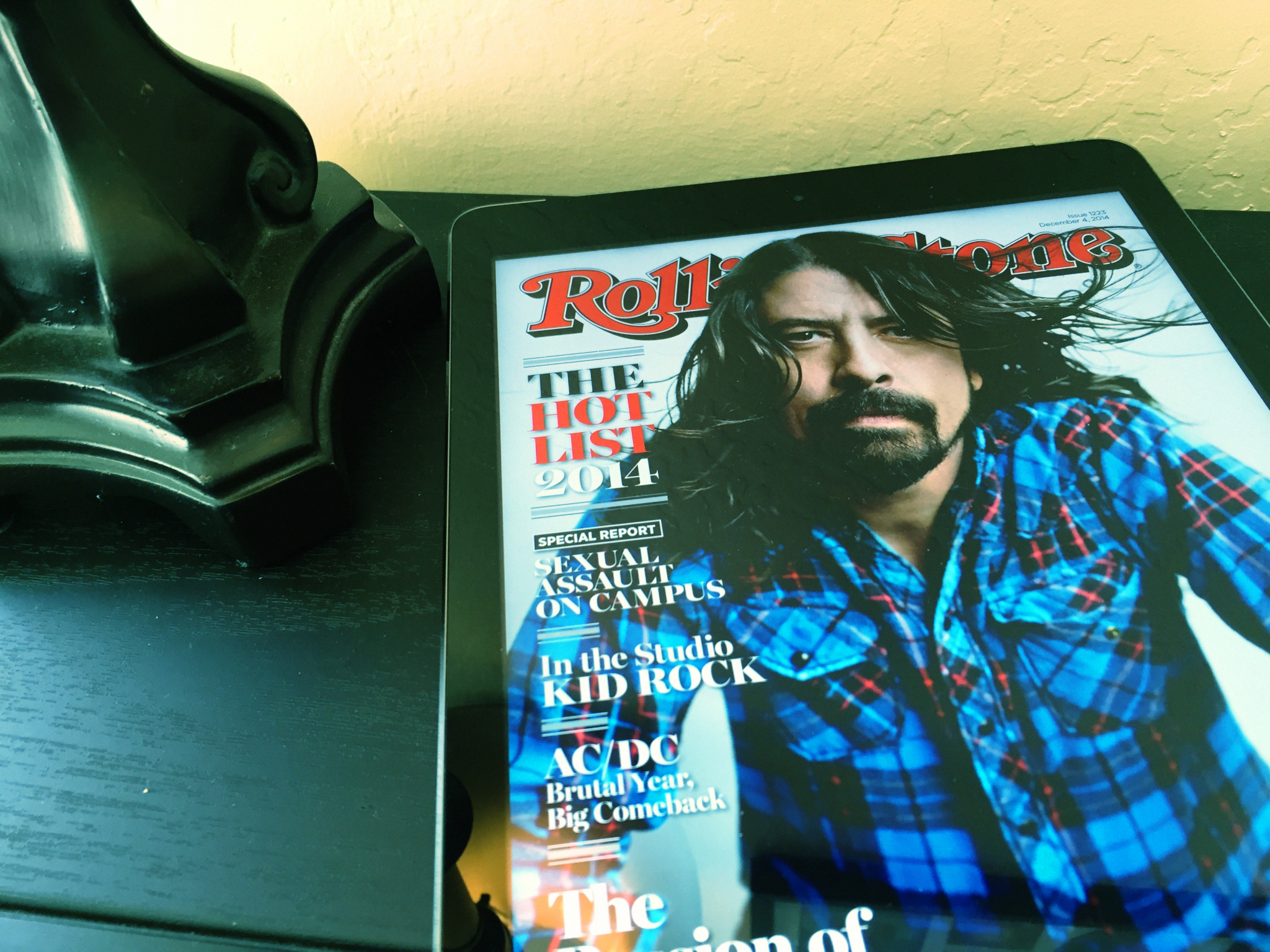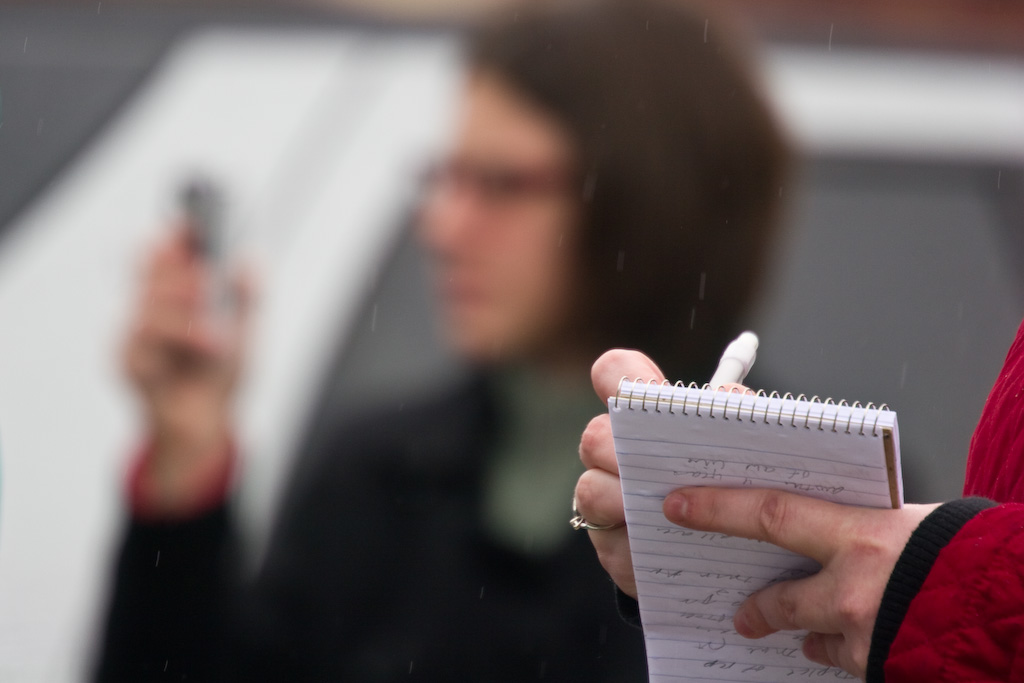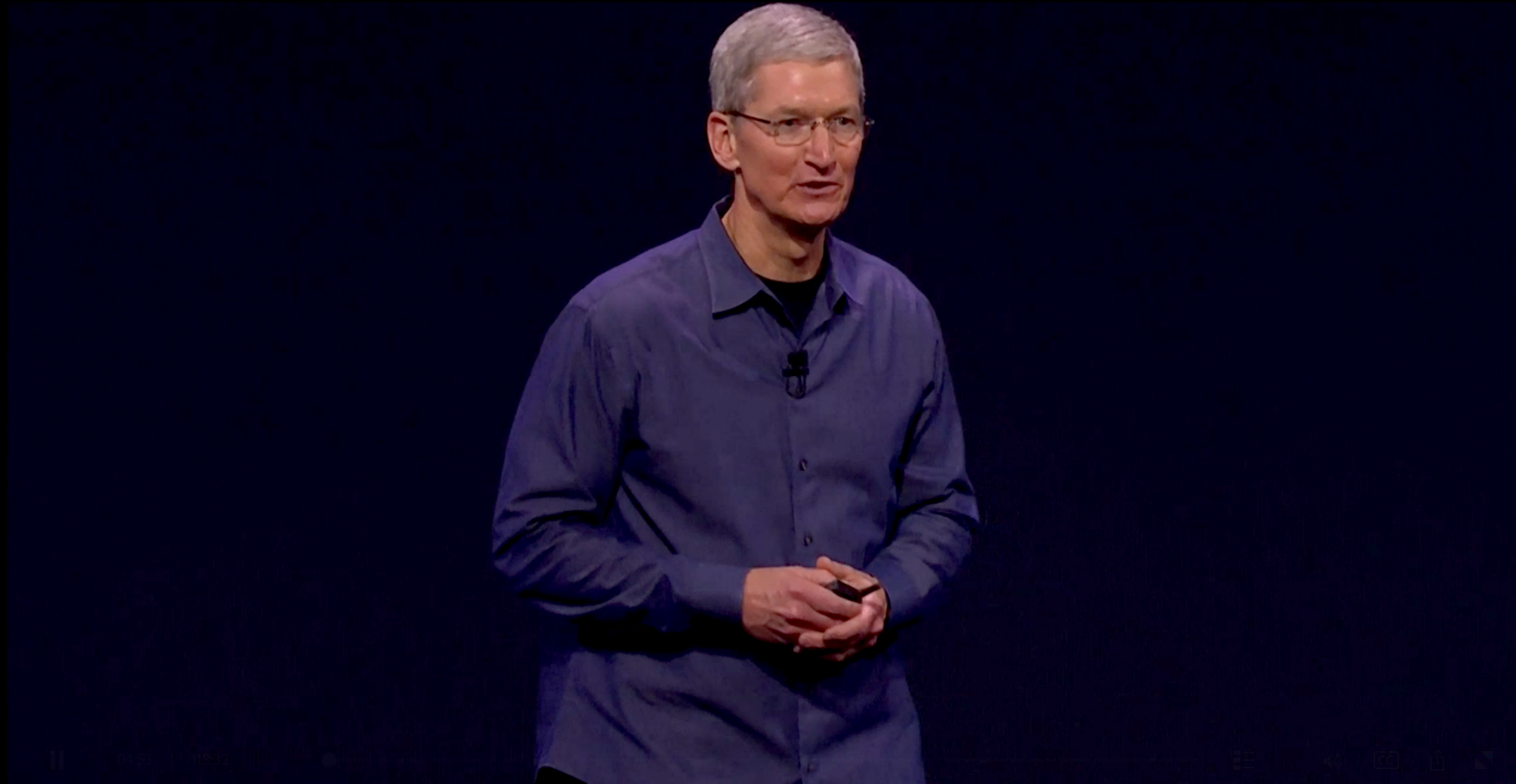Technology industry news scoops rarely offer as much intrigue as Wall Street Journal story “Inside the U.S. Antitrust Probe of Google“. According to reporters Brent Kendall, Brody Mullins, and Rolfe Winkler, the newspaper obtained a years-old Federal Trade Commission staff document, “after the agency inadvertently disclosed it as part of a Freedom of Information Act request”.
Seriously? Is that accidentally, or accidentally on purpose? Applying the question every journalist should ask about anything—Who benefits?—raises reasonable suspicion the release was deliberate. I say that because FTC staff recommended filing antitrust charges against Google, while Commissioners cleared the search and information in a unanimous vote, according to the Journal. The answer to the “Who benefits?” question likely lies in circumstances obvious and not: Intrigue in and around the agency, including staff dissatisfied with the outcome; timing with respect to Google; and competitor lobbying, manipulation, or interference.











